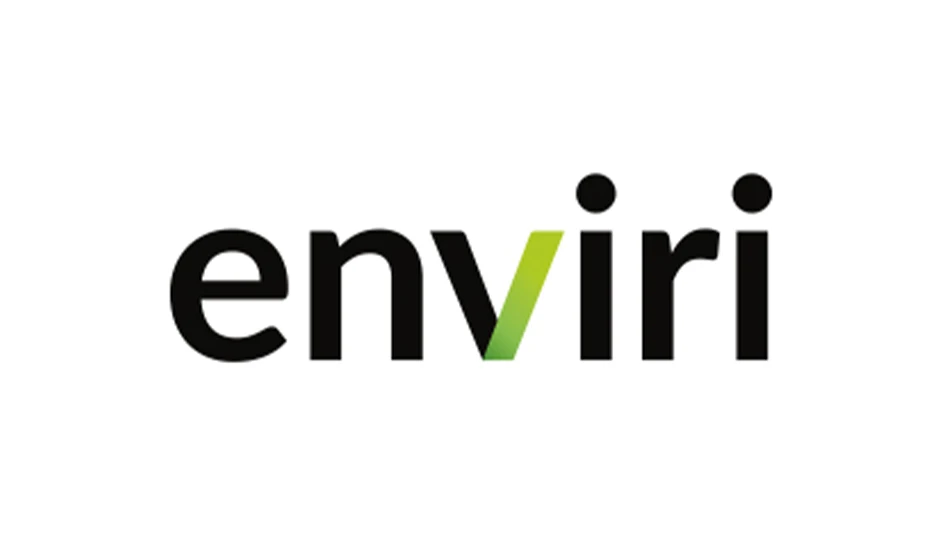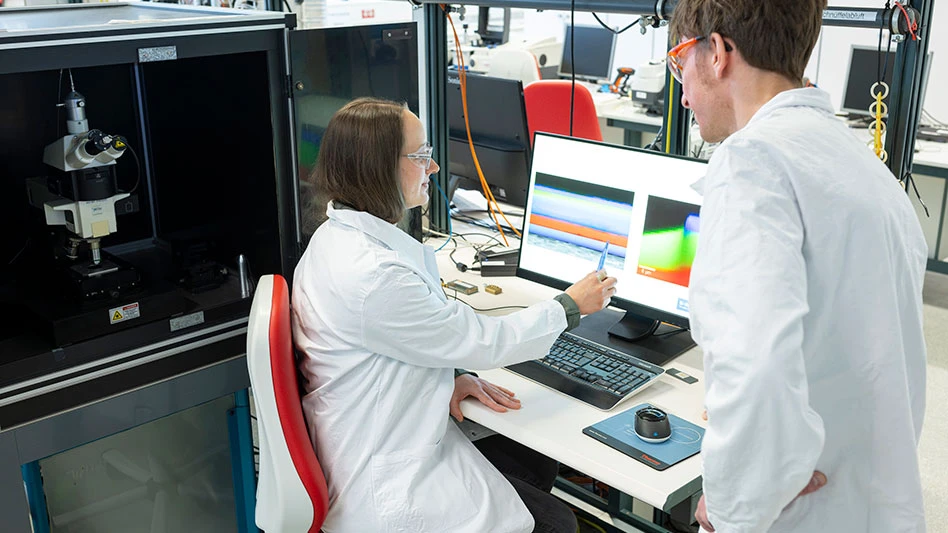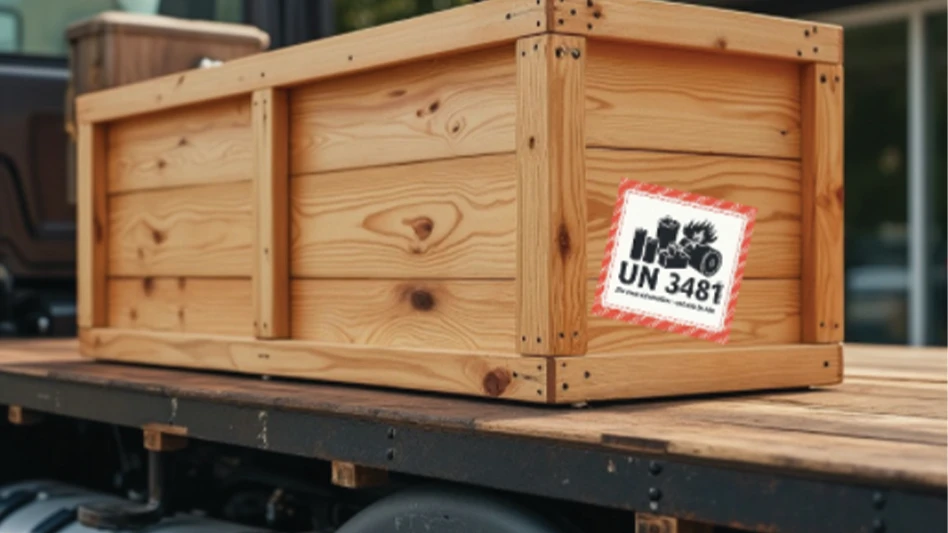LOANS AWARDED FOR PLASTICS END MARKETS
The California Integrated Waste Management Board (CIWMB) has awarded Timbron International Inc., a Stockton, Calif., manufacturer of plastic lumber, $1 million in recycling market development zone loan funds. Timbron recycles post-industrial expanded polystyrene packaging materials and adhesives and other bonding materials to make plastic simulated-wood products.
The CIWMB awards loans statewide to promote better recycling technologies and business development. The funds also help create jobs and, ideally, further California’s campaign to reduce trash.
“Communities throughout the state are mandated to cut their trash in half by 2000, and business and industry will be a big part of achieving that milestone,” says Waste Board Chairman Dan Eaton. “Packaging materials make up a significant part of what businesses throw away—and account for about one third of what goes into landfills nationwide.”
Timbron manufactures plastic wood products that simulate the appearance of lumber and moldings. The company plans to extend production to include decking, fencing, garden and marine use products.
The CIWMB’s loan program provides direct loans to businesses that use post-consumer or secondary waste materials to manufacture new products. The loans are also geared toward reducing waste at the companies.
FOUR MANUFACTURERS INCREASE RECYCLED CONTENT
Four manufacturers of products sold in plastic containers have agreed to use sufficient amounts of secondary resins to comply with California’s plastic packaging requirements.
The California Integrated Waste Management Board (CIWMB), Sacramento, has reached agreements with 3M, Pennzoil-Quaker State, Dietzgen, and Toro that will commit the companies to using more secondary resins or recycled content. “This represents a very positive step on the part of these companies to address California minimum recycled-content packaging laws,” says CIWMB board member Steve Jones.
The four companies were among more than a dozen found by the CIWMB to be out of compliance in regard to the use of recycled-content plastics in their packaging contents.
Nine other companies have not reached agreement with the CIWMB regarding the use of recycled content materials, and will soon be meeting with the agency. Among those companies are Chem-Lite, Pep Boys and MPL Technologies.
California’s Rigid Plastic Packaging Container laws require non-food manufacturers to either use 25% post-consumer plastic resins, or reduce the amount of plastic used by 10%, or to ensure that 45% of containers sold in a given year are recycled.
RECYCLED DECKING DISTRIBUTION EXPANDS
Advanced Environmental Recycling Technologies Inc., Springdale, Ark., has received a purchase commitment of more than $20 million for its decking products for 2000. That doubles the 1999 level of $10 million and will expand the company’s distribution of decking products, made from a composite consisting in part of recycled plastic.
“The additional production coming on-line at both composite plants, in addition to our recently completed expansion at our plastic reclamation plant, now allows AERT the opportunity to compete more aggressively at the national level in decking material,” says Joe Brooks, chairman.
LDPE USED IN LAWN AND GARDEN APPLICATION
A plastics processor is using reprocessed low-density polyethylene (LDPE) to extrude more than two million components per year for use on lawn mower grass catcher bags.
The Plastics Group of America, with facilities in Woonsocket, R.I., and Blairsville, Ga., collects scrap film for the high-volume application. “The scrap film is put through a densifier, which in turn sends the material to one of our extruders, which reprocesses the material into useable plastic pellets,” says Matt Maskell, southeast account manager for The Plastics Group. “We then ship the pellets to the processor for use in this application.”
As many as 14 different types of strips are extruded by the processor. The strips are then sold to a fabricator, who assembles the plastic combined with the cloth portion of the grass catcher, and then sells the finished product to lawn mower manufacturers.
CEMENT MAKER USES 800 TONS OF GLASS PER YEAR
The Montana Department of Environmental Quality (DEQ), Helena, has approved a request from Holnam Inc., a cement manufacturer near Three Forks, to recycle 800 tons per year of post consumer glass into its cement.
DEQ Director Mark Simonich says Montanans generate about 45,000 tons of container glass each year, but most recycling yards don’t take glass. Simonich says the DEQ has made a concentrated effort in 1999 to establish relationships with industries to promote waste reduction and recycling.

Explore the December 1999 Issue
Check out more from this issue and find your next story to read.
Latest from Recycling Today
- SSI equips Japanese company for diverse operations
- Fornnax receives national brand award
- China cuts nonferrous scrap import tariff rate
- Supersede launches marine-grade plywood replacement
- Redivivus, Re-New-Able to build LIB recycling facility in Illinois
- Indiana county awarded $65K recycling grant
- Mixed paper, OCC prices end year on downward trend
- Updated: CAA submits final draft program plan in Oregon





